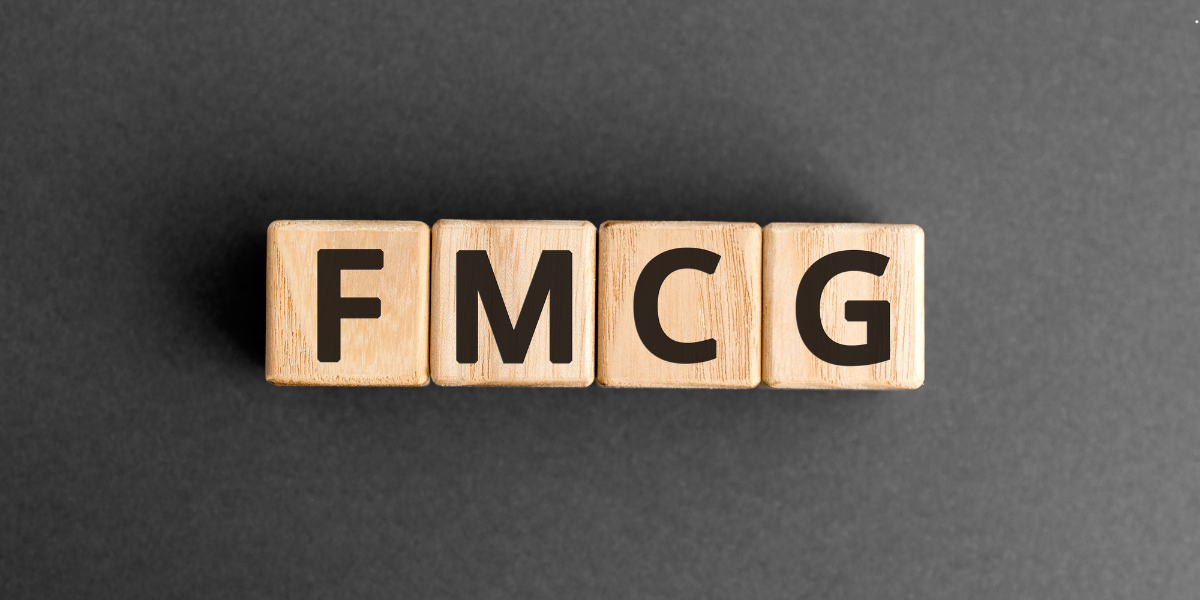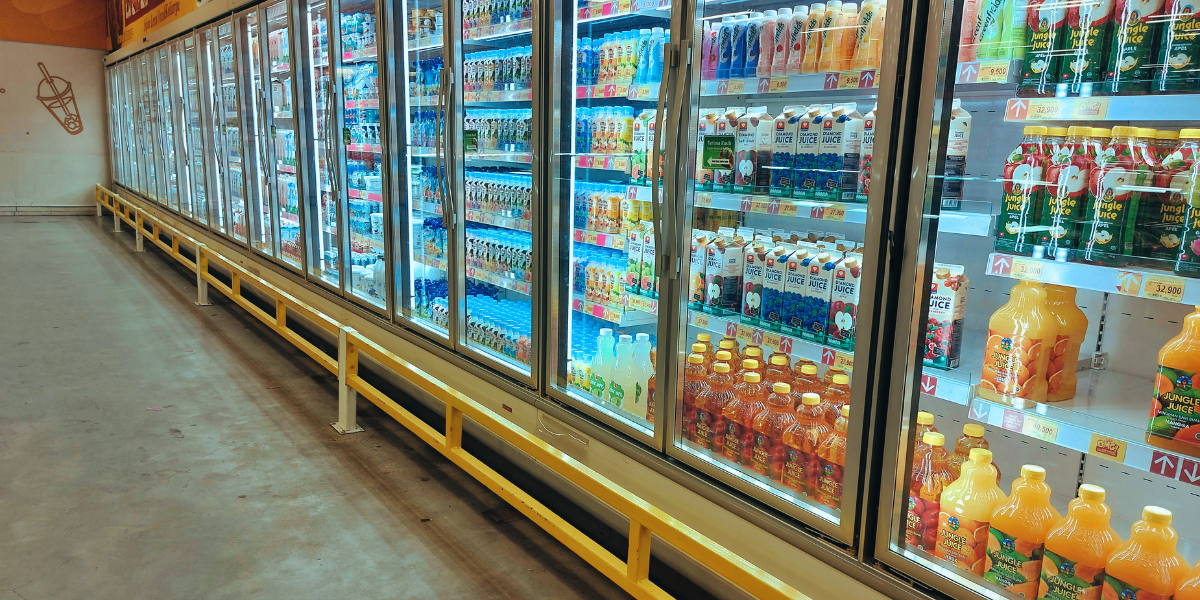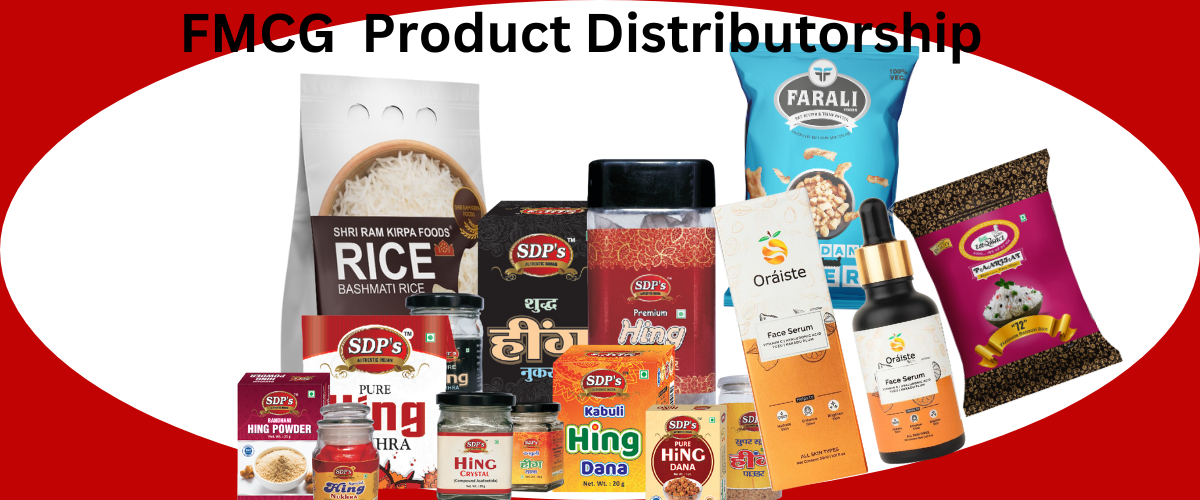India’s Fast-Moving Consumer Goods (FMCG) sector is one of the largest in the world, characterized by a vast array of products that are sold quickly and at relatively low costs. These products are essential for daily living and include everything from household goods to food and beverages. The key to success in this sector lies in efficient distribution and understanding the marketplace. Let’s delve into some of the most profitable FMCG products in India and what makes them stand out.
- Personal Care Products
Personal care products form a significant part of the FMCG sector in India. This category includes products like soaps, shampoos, hair oils, and skincare items. Brands like Hindustan Unilever’s Dove, Sunsilk, and Vaseline dominate this space.
Why They Are Profitable:
- High Demand: These products are used daily by millions of people.
- Brand Loyalty: Consumers tend to stick with brands they trust, leading to repeat purchases.
- Wide Distribution Network: These products are available in both urban and rural areas, ensuring a broad customer base.
- Packaged Foods
Packaged foods, including biscuits, snacks, ready-to-eat meals, and dairy products, are another lucrative segment. Companies like Nestlé, Britannia, and Amul are key players here.
Why They Are Profitable:
- Convenience: Busy lifestyles increase the demand for ready-to-eat and easy-to-prepare foods.
- Quality Assurance: Packaged foods often guarantee a certain level of quality and safety, which is crucial for health-conscious consumers.
- Extensive Distribution: These products are available in local kirana stores, supermarkets, and online marketplaces.
- Beverages
The beverage market in India is booming with products like tea, coffee, soft drinks, and packaged juices. Leading brands include Tata Tea, Nescafé, Coca-Cola, and Tropicana.
Why They Are Profitable:
- Seasonal Demand: Beverages are in high demand year-round, with peaks in summer and winter.
- Brand Recognition: Strong brand identities drive consumer preference and loyalty.
- Wide Reach: These products are distributed through extensive networks, ensuring availability even in remote areas.
- Home Care Products
Home care products, such as detergents, cleaning agents, and disinfectants, are essential in every household. Brands like Surf Excel, Harpic, and Lizol dominate this segment.
Why They Are Profitable:
- Essential Use: These products are essential for maintaining hygiene and cleanliness.
- Frequent Purchase: The need for regular cleaning means these products are bought frequently.
- Distribution Channels: Effective distribution ensures these products are available in both small local shops and large retail chains.
- Health and Wellness Products
With a growing awareness of health and wellness, products like vitamins, supplements, and herbal products are gaining popularity. Brands like Dabur, Himalaya, and Patanjali are leading in this space.
Why They Are Profitable:
- Health Consciousness: Increasing health awareness drives demand for wellness products.
- Diverse Range: A wide range of products caters to various health needs and preferences.
- E-commerce Presence: Strong online presence helps reach health-conscious consumers directly.
- Baby Care Products
Baby care products, including diapers, baby food, and skincare items, form a vital part of the FMCG sector. Brands like Johnson & Johnson, Pampers, and Huggies are key players.
Why They Are Profitable:
- Necessity: Parents are always looking for the best products for their babies, leading to consistent demand.
- Premium Pricing: Many baby care products are priced higher due to their specialized nature.
- Trusted Brands: Brand trust is paramount in this category, driving repeat purchases.
- Pet Care Products
The pet care market in India is growing rapidly, with products like pet food, grooming items, and health supplements. Brands like Pedigree, Drools, and Royal Canin are well-known in this sector.
Why They Are Profitable:
- Increasing Pet Ownership: Growing pet ownership drives the demand for pet care products.
- Quality and Safety: High-quality products ensure pet health and well-being, leading to consumer trust.
- Specialized Stores: Availability in specialized pet stores and online platforms enhances reach.
Key Factors Driving Profitability in FMCG Products
- Distribution Networks
A robust distribution network is crucial for the success of FMCG products. Efficient logistics and supply chain management ensure products are available across various channels, from local kirana stores to modern trade outlets and e-commerce platforms. Companies invest heavily in creating and maintaining these networks to maximize reach and minimize stockouts.
- Understanding the Marketplace
Understanding the marketplace involves knowing consumer preferences, regional variations, and market trends. Companies conduct extensive market research to tailor their products and marketing strategies to meet local demands. For instance, while urban consumers might prefer premium and niche products, rural markets might lean towards affordability and accessibility.
- Branding and Marketing
Strong branding and effective marketing are vital for building consumer trust and loyalty. Companies use a mix of traditional advertising, digital marketing, and influencer partnerships to promote their products. Engaging packaging and consistent brand messaging also play significant roles in attracting and retaining customers.
- Innovation
Innovation in product development keeps the FMCG sector dynamic. Companies continuously introduce new products, improve existing ones, and adapt to changing consumer preferences. Innovations like eco-friendly packaging, organic ingredients, and health-focused products cater to the evolving demands of the market.
- Consumer Trust
Building and maintaining consumer trust is essential in the FMCG sector. This involves ensuring product quality, safety, and consistency. Brands that establish themselves as trustworthy can secure long-term customer loyalty, which translates to sustained profitability.
Conclusion
The FMCG sector in India is a dynamic and highly competitive market. Products that meet everyday needs, are distributed efficiently, and resonate with consumers tend to be the most profitable. Personal care items, packaged foods, beverages, home care products, health and wellness items, baby care, and pet care products are some of the top-performing categories. By understanding the marketplace, leveraging robust distribution networks, and building strong brands, companies can thrive in this bustling sector. As consumer preferences continue to evolve, staying ahead of trends and innovating will be key to sustaining profitability in the FMCG industry.






